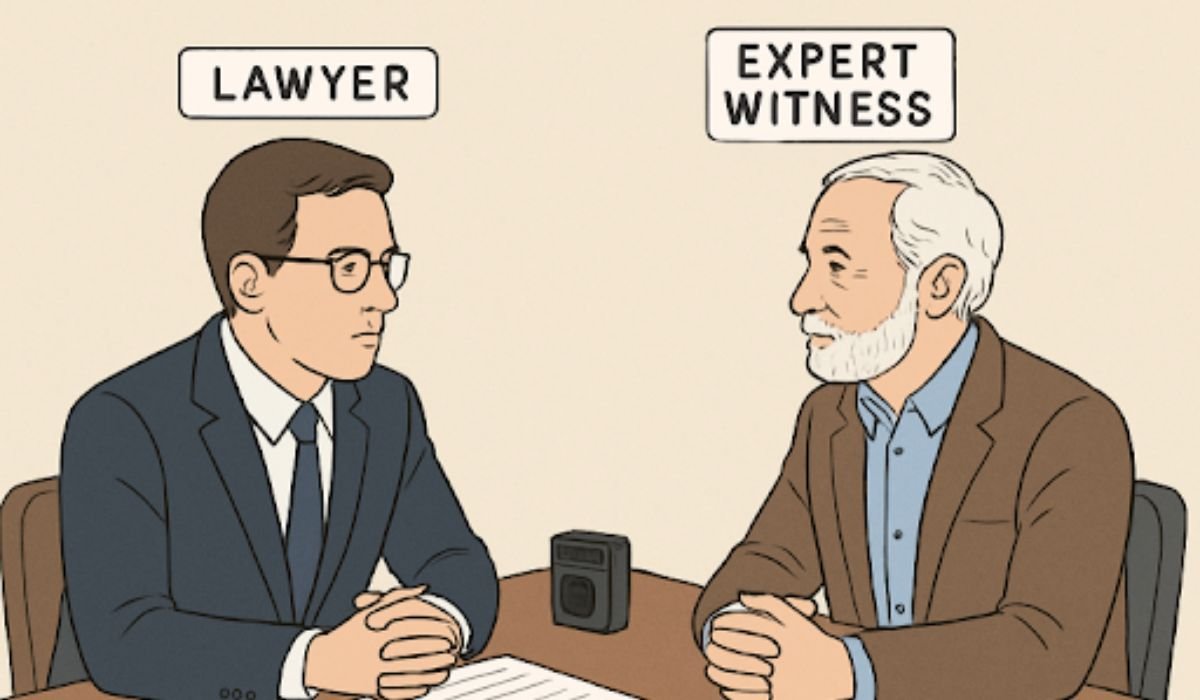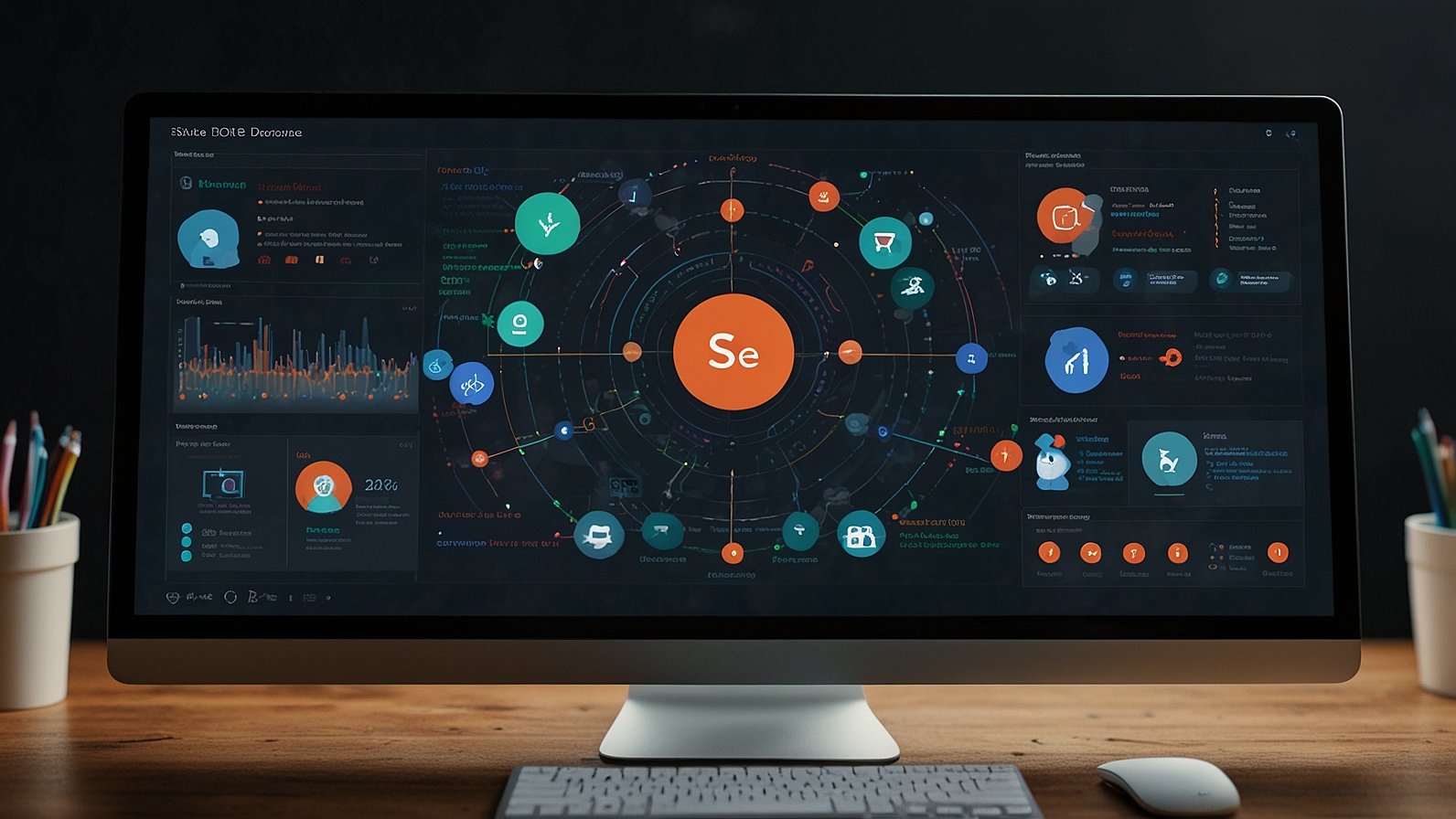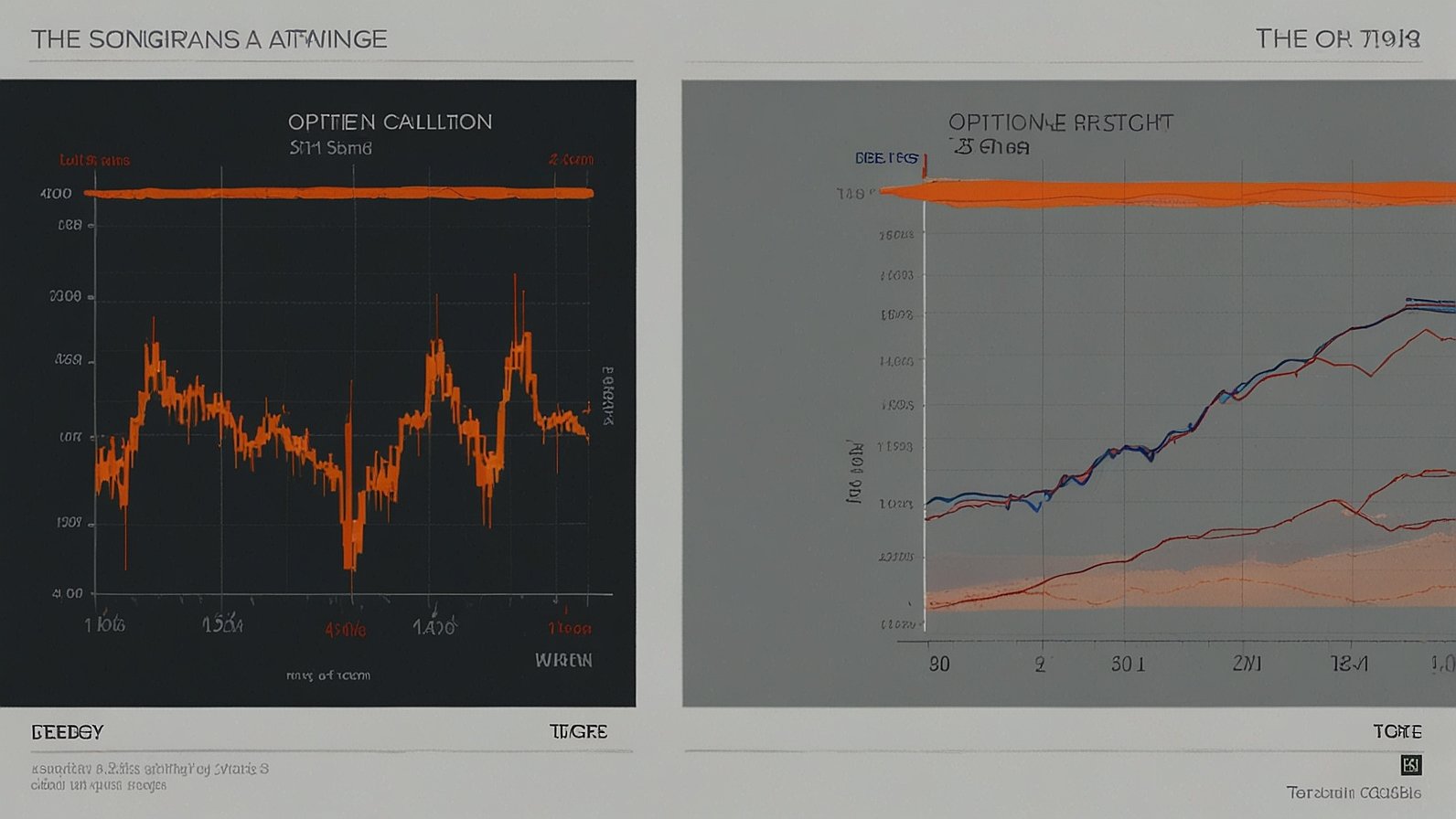Table of Contents
- What Is an Expert Witness and Why Opposing Depositions Matter?
- Pre-Deposition Preparation Tactics
- Effective Questioning Styles
- Common Pitfalls to Avoid During Depositions
- Leveraging Technology and Research Tools
- Ethical Considerations When Addressing Opposing Experts
- Checklist: Practical Steps Before and During the Deposition
- Building a Strong Record for Trial
What Is an Expert Witness and Why Opposing Depositions Matter?
An expert witness is a professional with specialized knowledge and experience whose testimony helps clarify complex issues in litigation for judges or juries. From forensic scientists to financial analysts and a bank expert witness, their role is to provide an objective, well-founded opinion in court cases where technical or specialized expertise is required.
Pre-Deposition Preparation Tactics
Meticulous preparation is essential before facing an opposing expert. The process begins with in-depth research of the expert’s credentials, published works, prior reports, and testimony in other cases. Many attorneys utilize legal databases and social media platforms to uncover inconsistencies, questionable methodologies, or affiliations that could indicate bias. Reviewing all data, depositions, and transcripts involving the expert helps anticipate their strategy and areas where their conclusions might be challenged.
Effective Questioning Styles
The key to successful expert depositions lies in flexible questioning techniques. Open-ended questions encourage the expert to explain reasoning and detail methodologies, often revealing underlying assumptions or weaknesses. For example, asking, “Can you describe how you reached that conclusion?” may open the door to fruitful exploration. Conversely, closed or leading questions help pin down specific statements and prevent evasive maneuvers. Both approaches should be used strategically to balance the flow and focus of the deposition.
Common Pitfalls to Avoid During Depositions
Common mistakes can undermine even the best-prepared deposition. Allowing an expert to give rambling, narrative answers can cede control and obscure key admissions. Diligently guide the discussion and seek concise responses. Another pitfall is failing to demand that the expert specify the sources or authorities underlying key assertions, which may let them evade scrutiny.
Leveraging Technology and Research Tools
Technology has transformed the landscape of expert witness investigations. Litigators now routinely rely on comprehensive digital databases that aggregate publications, previous deposition and trial histories, and even disciplinary actions against experts. These tools can provide a holistic view of an expert’s background, improving opportunities to challenge their credibility.
During depositions, digital presentation tools can facilitate real-time reviews of exhibits, enabling attorneys to highlight inconsistencies or point out discrepancies in reports efficiently. This can be particularly effective when confronting an expert with documents in an organized, streamlined manner.
Ethical Considerations When Addressing Opposing Experts
Professionalism and ethics should remain at the forefront in any deposition. Attorneys must not misrepresent evidence, intimidate witnesses, or breach the boundaries of respectful conduct. Treating opposing experts with courtesy upholds the standards of legal practice and minimizes the risk of court sanctions or reputational damage. According to professional guidelines for litigation, failing to respect these boundaries can hurt your client’s case and lead to professional disciplinary action.
Checklist: Practical Steps Before and During the Deposition
- Thoroughly research the expert’s credentials, past reports, and litigation history.
- Pinpoint weaknesses or biases in their methodology or assumptions.
- Prepare a combination of open-ended and closed questions to explore and limit the scope of opinions.
- Organize key exhibits and familiarize yourself with digital presentation tools for smooth document review.
- Rehearse the deposition flow, including responses to common objections and difficult witnesses.
- Maintain professionalism—stay firm, courteous, and focused on record-building, not theatrics.
- After deposition, review transcripts for follow-up discovery or impeachment material for trial.
Building a Strong Record for Trial
A systematic and detail-oriented approach to opposing expert witness depositions can decisively shape the outcome of litigation. By investing in rigorous preparation, deploying dynamic questioning techniques, avoiding common pitfalls, and acting ethically, litigators can secure critical admissions and reveal vulnerabilities in the opposing expert’s opinions. Most importantly, a meticulously developed record from deposition strengthens trial strategy, supports motions, and enhances the prospects for favorable verdicts or settlements down the line. For those working with specialized experts, like a bank expert witness, these strategies are indispensable for effective advocacy and optimal case outcomes.
YOU MAY ALSO LIKE: Leading Across Distances: Effective Strategies for Remote Teams











